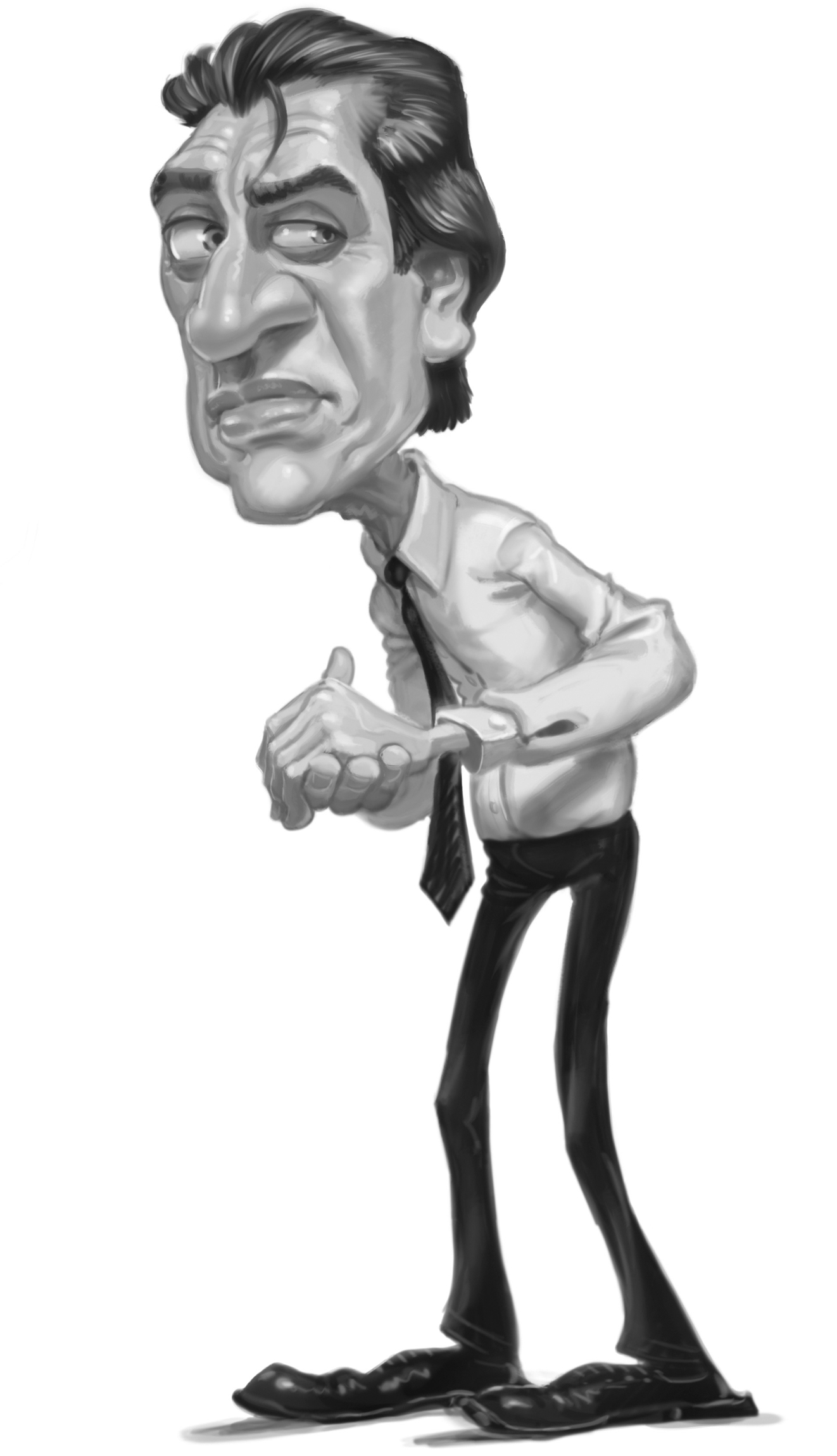Chapter One

Philip Glossman was hungry. He had missed lunch that afternoon because of an Odyssey City Council meeting, and now it was past his suppertime. His potbelly rumbled, and he felt weak, but he knew he couldn’t leave. Not yet. Not until he called. The note said he would, sometime this evening. He didn’t like to leave messages, and he certainly wouldn’t like it if his phone call weren’t answered because of something so mundane as eating. So supper would have to wait.
He hadn’t called in almost five years, just communicated through occasional written messages, mainly commenting on Glossman’s monthly reports, or telling him what issues to raise and how to vote on them. If he wanted to actually talk this time, something important must be brewing —something very important.
Glossman paced the length of his top-floor office in the McAlister building, stopped in front of a small mirror hanging on the wall opposite his desk, and stared into it. I need to get outside more, he thought. My skin is getting pasty. He ran his fingers through his thinning salt-and-pepper hair and counted the lines around his gray eyes.
I used to be better looking, he mused. Not that he was bad now, just not like when he first came to town. Now he’d grown soft, mushy, out of shape.
He sighed. How did he wind up in a podunk village like Odyssey? He’d been a rising star in the New York City business scene, a smart, ruthless go-getter. A bit too much of a go-getter, as it turned out. He thought he had covered all of the bases —that no one would ever know about how he manipulated that deal. But what was the verse those Bible thumpers Whittaker and Riley were always quoting? “Be sure your sin will find you out.”
Well, he was found out all right, but not by his sin. By him. He discovered everything somehow, and he gave Glossman a choice: go to prison or go to Odyssey. So now he was calling the shots —and not calling on the phone —just to show who was in charge.
Glossman’s belly rumbled louder. He turned away from the mirror and looked at the phone. “Why don’t you ring already!” he muttered. But the phone just sat there, silently defiant.
Glossman moved to the window. There was hardly any traffic on the streets. Everyone was heading home. Everyone but him. He sighed again. He didn’t have it bad, really, with the exception of tonight. His benefactor paid him well, albeit under the table. He was a respected member of the tiny community, all but permanently seated on its highest governing body. And all he had to do for the money and the position was prepare the monthly reports that pretty much detailed what Whittaker and Riley were up to, which, since their last big run-in, was mostly Whittaker working late and Riley doing nothing.
His thoughts turned bitter. Whittaker and Riley. Two names he’d love to never hear again, belonging to two people he’d love to never hear from again. They were the real reason he was still stuck in Odyssey. They’d outmaneuvered him, wrecking things, thwarting plans, keeping him in check, though neither of them realized that’s what they were doing.
Glossman had failed and was still being punished for it. Instead of wheeling and dealing on Wall Street, he was now wheedling and dealing on the Odyssey City Council over things like easements and red zones and beautification projects. And his opponent on almost every single issue was Tom Riley. Their battles were growing quite tiresome. The one they had today was the reason Glossman had missed lunch. How that apple-growing hick ever got elected to the council in the first place —much less elected chairman of the council —was a mystery. Or maybe not, now that Glossman thought about it. Riley’s farm was one of the largest in the area, which gave him a lot of clout with the other farmers. They considered him a classic man of the people, no doubt. Glossman sneered. More like the champion yokel of the yokels.
Then there was Riley’s friend Whittaker. John Avery Whittaker, do-gooding crusader, everybody’s favorite, loved by kids and parents throughout Campbell County —and all because of that silly business of his: Whit’s End. A piece of property that valuable, and Whittaker turned it into —how did he describe it? —a discovery emporium?
Glossman snorted. It was more like a playground with train sets and talking mirrors. Games and puzzles and gizmos. Ice-cream sundaes at the soda fountain. An “Inventors’ Corner,” where the kiddies could do little science projects, and a “Bible Room,” where they could all learn to be do-gooders just like Whittaker and Riley. The snort nearly turned into a gag.
Whittaker couldn’t possibly be making any money out of the place. Then again, being a rich man, he didn’t have to, did he? That came as a surprise. He’d thought Whittaker was just a middle-school teacher. The city council had given him an award for excellence in education just prior to Glossman’s election to the council. Taking that building should have been as easy as pie. Everything was going so well. Then Whittaker showed up.
No. Not Whittaker. Mrs. Whittaker. His wife, Jenny. She was the one who’d made things difficult. Glossman winced at the memory. He could still see her fiery red hair flying and her hazel eyes snapping and hear her whiny voice as it yammered away at them from the speaker’s lectern, her husband watching from the audience and Riley sitting in the chairman’s seat, listening with a smug smile on his face.